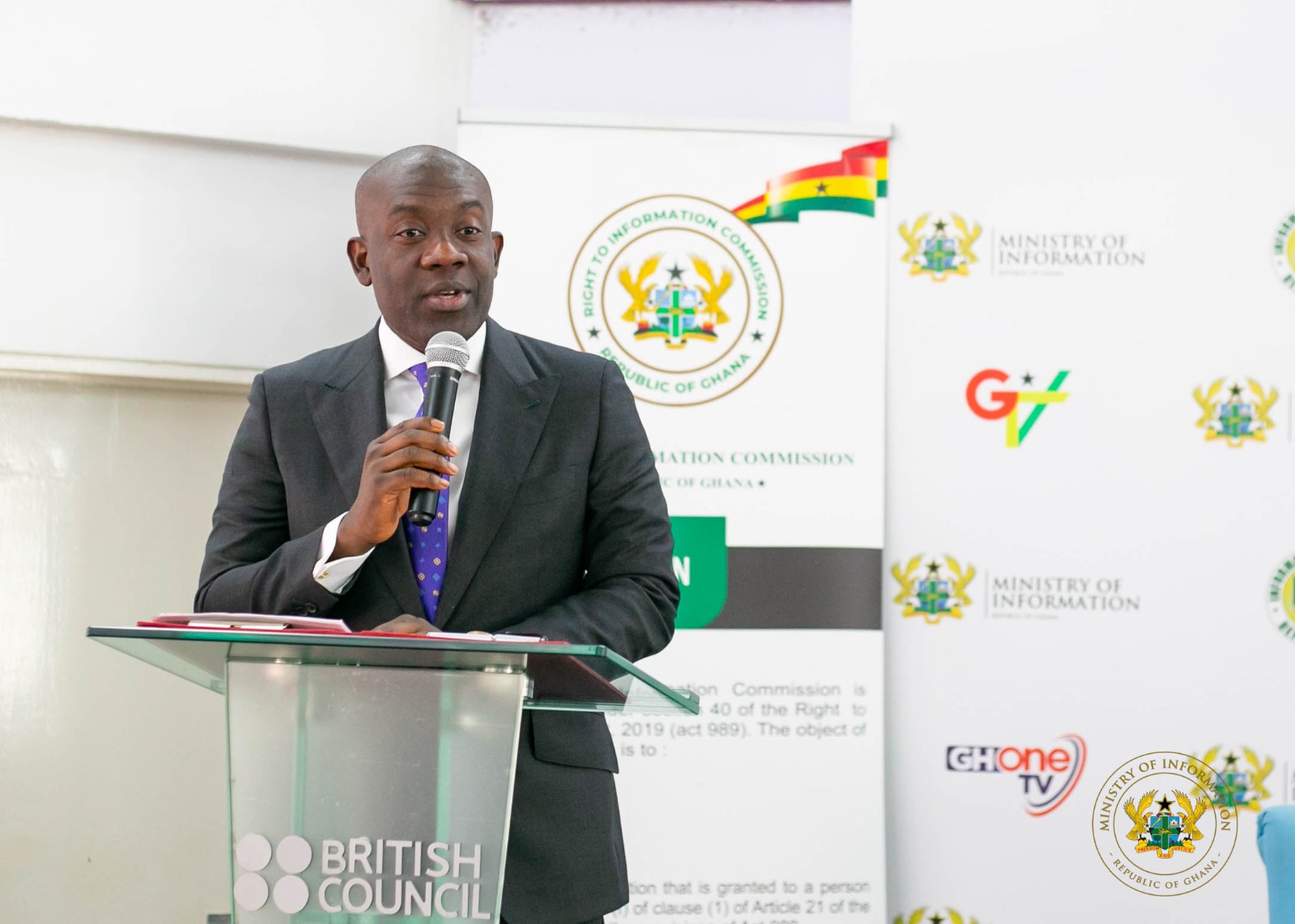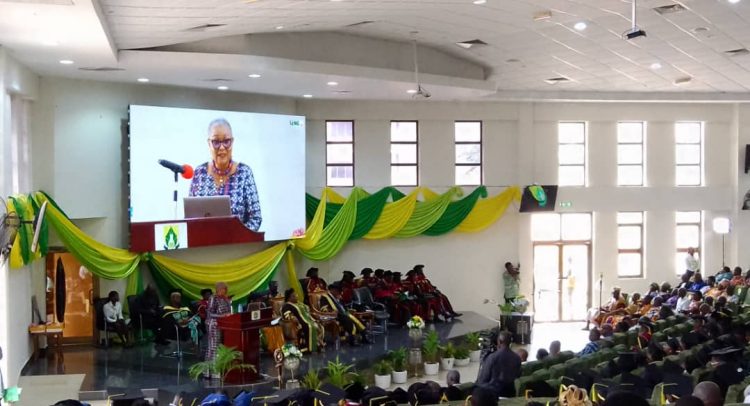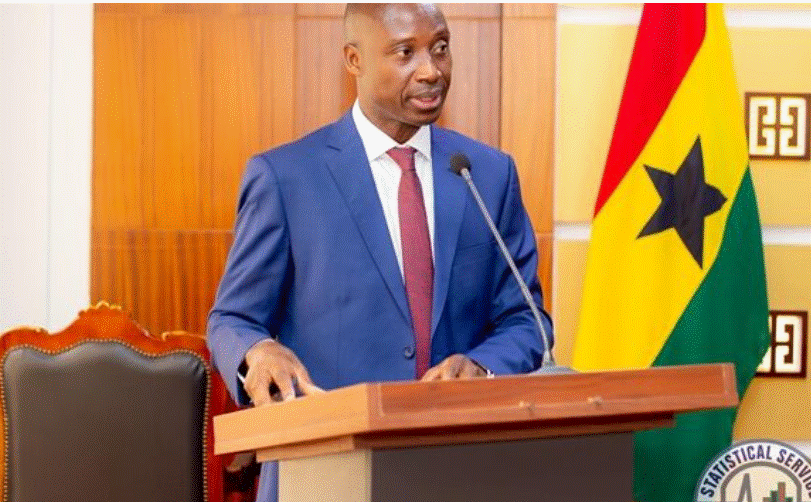
The Ghana Shippers’ Authority (GSA) has responded firmly to criticisms regarding the effectiveness of its oversight in the shipping and logistics sector, citing its expanded mandate under Act 1122 of 2024 and detailing a series of enforcement actions taken since the law’s passage.
In a statement, the Authority clarified that it is actively implementing its regulatory functions in line with the new legislation, which was passed by Parliament on 29 July 2024 and assented to by the former president, Nana Addo Dankwa Akufo Addo on 17 October 2024.
The law transformed the GSA from an advocacy agency into a statutory regulator of shipping service providers, including shipping lines, terminal operators, freight forwarders and clearing agents.
“Under the new law, all proposed charges, fees and tariffs must be submitted to the GSA for review and approval prior to implementation,” the statement noted.
According to the Authority, this requirement is being rigorously enforced. It cited recent engagements with shipping lines and ground handlers operating at Kotoka International Airport, during which some proposed fee increases were rejected for lacking sound commercial justification.
The GSA’s intervention comes on the heels of renewed public scrutiny over high logistics costs at the nation’s ports. The Ghana Institute of Freight Forwarders (GIFF) recently disclosed that demurrage charges – a penalty for delays in clearing goods – are costing importers an estimated GH¢30 million weekly.
While not directly addressing this figure, the GSA maintains that its actions under Act 1122 are intended to ensure transparency and cost discipline across the sector.
“Being mindful that our role as regulator is not to stifle business, we have adopted an inquisitorial rather than adversarial approach,” the Authority stated.
It further noted that investigations into complaints are conducted with stakeholder engagement at their core, to ensure balanced outcomes.
One such ongoing intervention concerns the arbitrary application of foreign exchange (FX) rates by some shipping lines, which shippers and freight forwarders claim is inflating their operational costs.
Following an internal investigation, the GSA has engaged the Bank of Ghana (BoG) to seek regulatory clarity. A multi-stakeholder meeting convened on 15 July 2025 is expected to culminate in a directive from the central bank prohibiting the practice.
“The directive will be duly published for the attention and benefit of all stakeholders,” the GSA said.
In a further move to consolidate its regulatory footing, the GSA is currently developing a Legislative Instrument (L.I.) to operationalise Act 1122. It has sought input from across the shipping and logistics industry, including regulators of air, sea and land transport modes, service providers, and terminal operators. This collaborative process, the Authority noted, is intended to ensure the law is enforced “without fear or favour” and in a manner that upholds its “mutually beneficial essence.”
The GSA also rejected suggestions that it has been inactive or complicit in the face of rising costs in the shipping sector.
“We remain committed to serving the interests of all stakeholders and are focused on positioning Ghana as the preferred hub in international trade,” the statement added.
The post GSA pushes back on criticism, cites enforcement actions and plans for tighter oversight in shipping sector appeared first on The Business & Financial Times.
Read Full Story



















Facebook
Twitter
Pinterest
Instagram
Google+
YouTube
LinkedIn
RSS